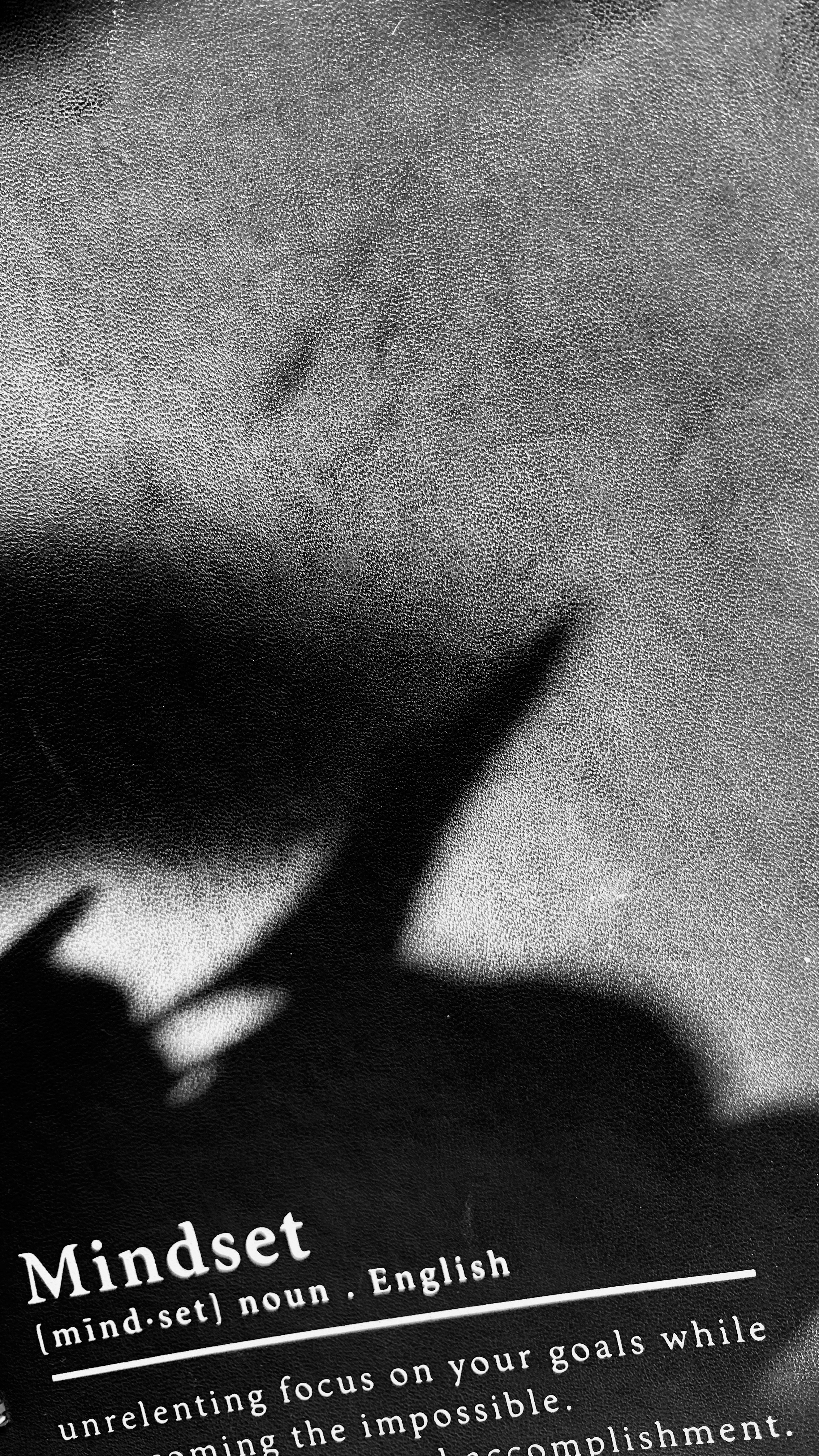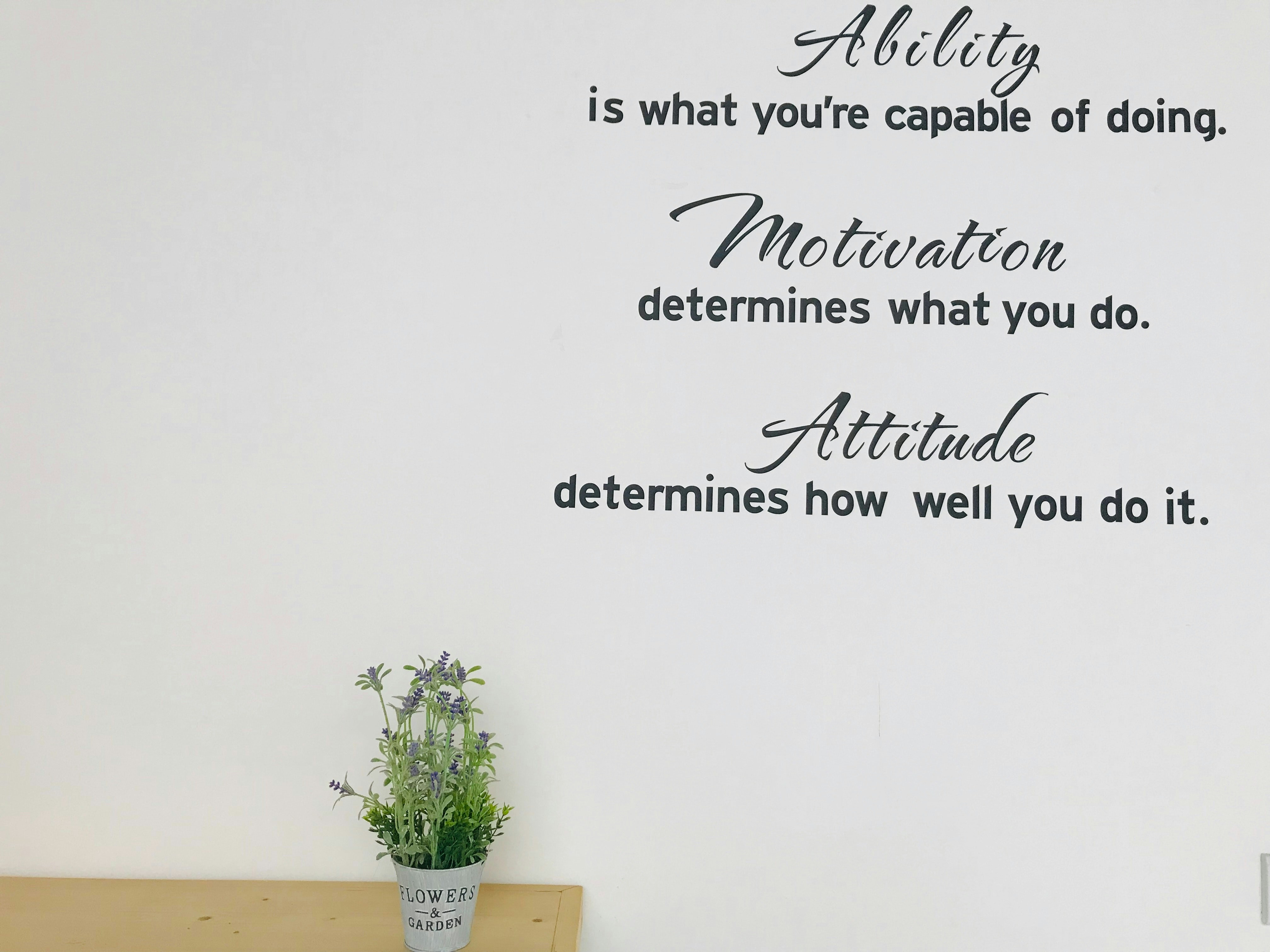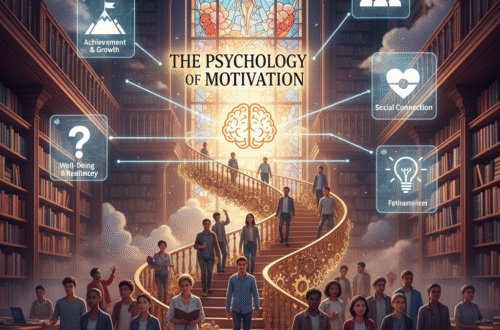Understanding the Great Lock-In
The term “The Great Lock-In” refers to the phenomenon characterized by the pervasive challenges individuals face in maintaining concentration and productivity due to the overwhelming distractions of modern life. As technology has advanced, particularly in the digital age, our attention spans have been significantly affected. The constant connectivity afforded by smartphones, social media, and incessant notifications has evolved into a double-edged sword. While these tools offer convenience and instant access to information, they simultaneously create an environment rich in distractions that can severely inhibit our ability to focus.
Historically, focus challenges are not new. In previous centuries, distractions were often derived from the immediate physical environment, such as loud noises or an excess of social interactions. However, contemporary society has shifted the sources of distraction to the digital realm. The integration of technology into our daily workflows has resulted in a growing reliance on screens, which are often filled with alerts and the continuous demand for engagement. This shift towards a digitally connected existence is a significant factor contributing to the Great Lock-In; individuals often find themselves reacting reflexively to notifications instead of proactively managing their focus.
Furthermore, this historical evolution can be seen in the changing nature of work and leisure. With remote work becoming more prevalent, the lines between professional and personal environments have blurred, leading to an increase in distractions and an inability to compartmentalize responsibilities effectively. Recognizing these challenges is crucial, as it is essential to develop strategies to reclaim our focus in a world perpetually filled with distractions. In understanding the Great Lock-In, we can begin to explore potential paths towards fostering deeper concentration and improving overall productivity.
The Impact of Distraction on Focus
The prevalence of distractions in our modern lives has profound implications for our ability to maintain focus. With the advent of smartphones and constant connectivity, individuals are increasingly susceptible to interruptions that fragment their attention. Psychological research indicates that these interruptions not only diminish our attention spans but also lead to cognitive overload, significantly impeding our productivity. When tasks are frequently interrupted, the brain struggles to regain its prior level of concentration, resulting in longer completion times and reduced quality of work.
Furthermore, the digital landscape, with its myriad of social media notifications and instant messaging platforms, creates an environment where maintaining focus becomes increasingly challenging. Studies have shown that frequent notifications can lead to an addiction-like response, reinforcing the cycle of distraction. The attention span of the average individual has decreased notably, with some estimates suggesting a decline to under eight seconds. This shortening attention span can hinder learning, creativity, and critical thinking.
Anecdotal evidence also supports these findings. For instance, a professional writer may find it challenging to produce coherent work when inundated with social media alerts. Each notification pulls them away from the writing process, disrupting the flow of ideas. Similarly, students often report struggles with studying effectively in environments filled with digital distractions. Research reinforces this, indicating that multitasking with digital devices adversely affects academic performance and retention of information.
The physiological effects of constant distraction align with these psychological observations. Increased stress levels and anxiety can arise from the pressure to remain constantly connected. Challenges like these underscore the importance of recognizing the detrimental impacts of distraction on our capacity to focus and the need for strategies to cultivate a more focused mindset in an increasingly distracting world.
Strategies for Overcoming Focus Challenges
In today’s fast-paced, distraction-filled environment, enhancing focus is more essential than ever. Implementing structured strategies can significantly assist individuals in combating focus challenges. One effective method is the Pomodoro Technique, a time management approach that promotes work in short, concentrated bursts. To apply this technique, set a timer for 25 minutes and engage in a task without interruption. Once the timer goes off, take a 5-minute break. This structure allows for sustained attention on the task while minimizing mental fatigue. After four cycles, take a longer break of 15 to 30 minutes to recharge.
Another powerful strategy is to conduct a digital detox. This involves temporarily disconnecting from electronic devices and notifications that clamor for attention. Start by designating specific hours during the day when you will avoid checking emails and social media. Inform peers of your unavailability to reduce interruptions. During this period, engage in activities that promote mindfulness, such as reading a book, meditating, or taking a walk. These practices not only lessen distractions but also help in improving overall mental clarity.
Additionally, making modifications to one’s environment can enhance focus. Creating a dedicated workspace that is free from distractions is crucial. Ensure that this area is tidy, well-lit, and equipped with all necessary materials, which minimizes the need to get up frequently. Consider using noise-canceling headphones or background music that aids concentration. Moreover, decluttering the workspace can greatly improve focus by reducing visual distractions.
Implementing these strategies consistently can significantly improve focus, allowing individuals to better navigate the distraction-laden world we live in. Creating a structured approach to time management, engaging in digital detox practices, and modifying the environment are practical steps that can lead to enhanced productivity and sharper concentration.
Cultivating a Focused Mindset for Long-Term Success
In an era marked by incessant distractions, cultivating a focused mindset is crucial for achieving long-term success. The foundation of this focused mindset relies heavily on mindfulness practices, which empower individuals to maintain their attention amid the chaos. Mindfulness encourages self-awareness and promotes a state of presence, allowing one to engage fully in the task at hand. By integrating mindfulness into daily routines, individuals can enhance their concentration skills and boost their ability to prioritize effectively.
Meditation is a powerful tool that supports the development of a focused mindset. Regular meditation practice has been shown to improve cognitive function and increase attention span. By dedicating even a few minutes each day to meditation, individuals can create a mental space that fosters clarity and calmness. This mental discipline not only aids in sharpening focus but also serves to reduce stress levels, which can otherwise impede productivity. Consequently, meditation acts as a catalyst for long-term habits that promote sustained concentration and overall well-being.
Self-discipline is another critical element in cultivating a focused lifestyle. Establishing structured routines and setting clear, achievable goals can significantly enhance one’s ability to concentrate on tasks. The practice of breaking down larger projects into smaller, manageable tasks can prevent feelings of overwhelm and foster a sense of accomplishment. Additionally, by minimizing exposure to distractions such as social media and unsolicited notifications, individuals can create an environment conducive to deep work. This structured approach not only leads to enhanced performance but also contributes to greater satisfaction in both personal and professional domains.
Ultimately, by embedding mindfulness, meditation, and self-discipline into daily life, individuals can foster a focused mindset that propels them toward long-term success. The benefits of such a lifestyle extend far beyond mere productivity, resulting in reduced stress and increased happiness. Embracing these practices fosters resilience, enabling individuals to thrive in an increasingly distracted world.




